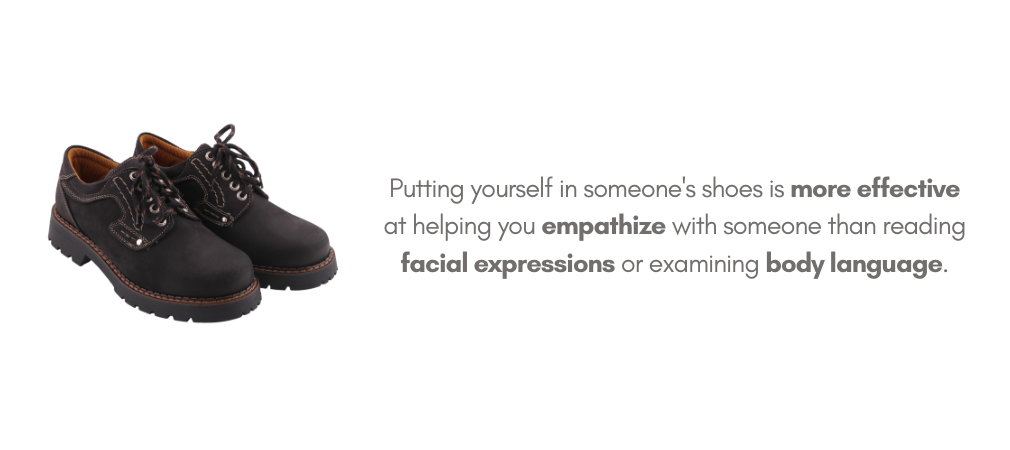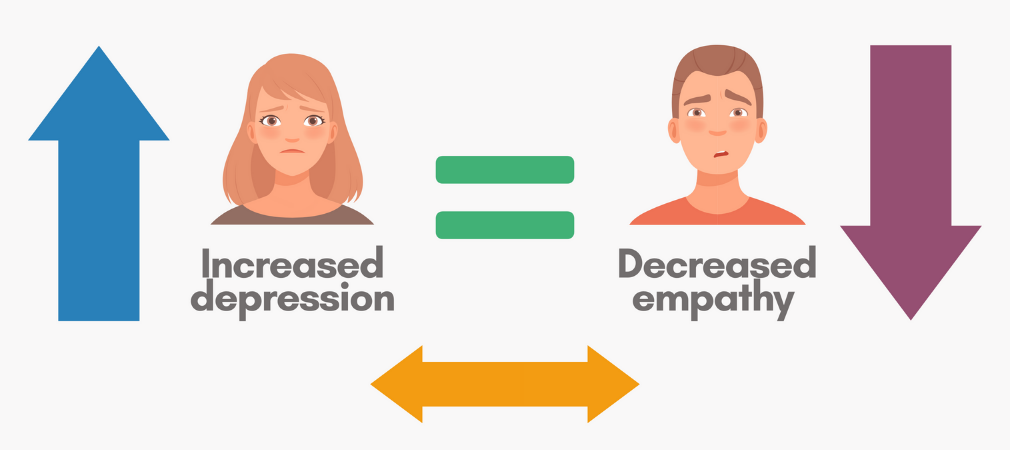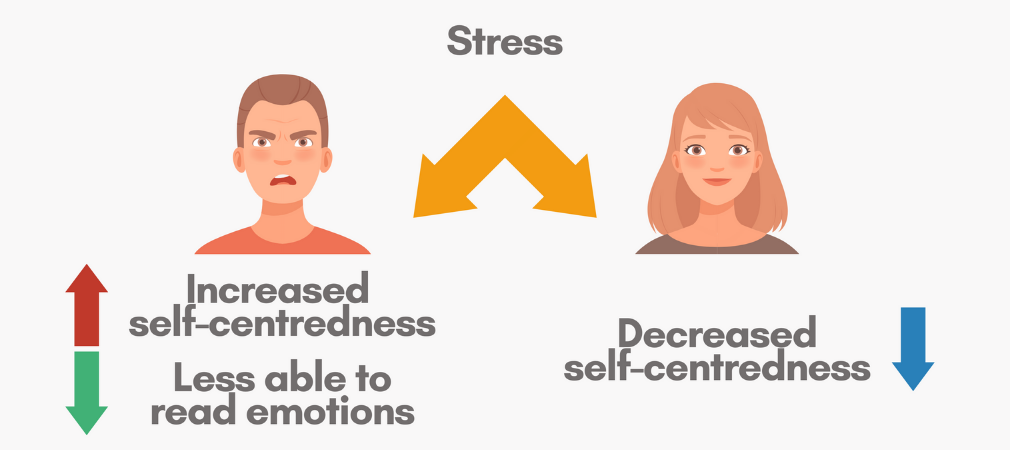Have You Been Told You Lack Empathy?
Here’s What To Do
Have you been accused of being cold-hearted or insensitive?
Maybe, you’re struggling to empathize with someone’s situation?
You know it’s important to be empathetic.
But, what’s the best way to empathize?
Put yourself in their shoes.
Zhou et al. (2017), in the journal Psychological Science, examined how well their study participants could read emotional states by viewing other people’s facial expressions and body language.
Participants in the study assumed it would be easier to understand someone’s emotional state by reading facial expressions and examining body language.
Surprisingly, when study participants were given the hint that putting yourself in another person’s shoes would be a better strategy (researchers knew this based on their earlier experimental data), participants still returned to reading facial expressions and examining body language.

Take-Home Message
The best way to empathize with someone is to put yourself in their shoes.
This will provide much better insight into another person’s emotional state than to logically evaluate how they might be feeling by reading facial expressions or evaluating body language.
3 Quick Tips To Increase Empathy
Empathy is one of life’s essential “soft” skills that can be particularly helpful, especially when it comes to relationships.
Let’s take a quick look at three tips that can help you improve in this area.
Maintain A Positive Mood
Have you ever noticed that when your mood dips, it becomes more difficult to be empathetic?
And if so, does a lack of empathy spill into your romantic relationship?
Gadassi et al. (2011) conducted a fascinating study involving the impact of mood on empathy in a couple’s relationship (this study focused only on heterosexual couples).
An interesting pattern emerged.
When women struggle with depression, it interferes with their ability to read their partner’s emotions, which damages the relationship.
And in response, men became less empathetic towards their wives and their struggle with depression, damaging the relationship further.
And as the relationship falters, feelings of depression become even worse.
Dr. Gadassi, the study’s first author, refers to this as the “partner effect.”
If there is a struggle with depression, it’s essential to be aware of how mood can negatively impact the relationship.
And of course, it highlights the importance of remaining empathetic when someone is struggling with depression.
Avoid Acetaminophen Whenever Possible
Acetaminophen occurs in over 600 different medications, with the most popular medication being Tylenol.
Acetaminophen helps to kill the pain, but it also serves to hinder emotions.
Mischkowski et al. (2016) found that taking acetaminophen caused study participants to show a reduction in empathy for other people’s physical and social pain.
If you consistently use acetaminophen to manage pain, it would be best to find an alternative or reduce use, if possible.
Manage Your Stress Better, Guys!
Stress isn’t great for empathy, particularly if you’re male.
Tomova et al. (2014) examined the impact of stress on self-centredness.
The hypothesis was that male study participants would be more self-centred when stressed, as there are fewer cognitive resources available to think about others.
Well, this hypothesis was right.
Results showed that men become more self-centred and less able to read emotions.
Women, on the other hand, tend to become less self-centred under stress.
So guys, here are a few stress basics to help get you started:
- Maintain a consistent daily routine (being inconsistent with activity increases stress)
- Make time to exercise (the body wants to move)
- Periodically check-in on your breathing (slow it down and breathe from your stomach)
- Drink water consistently throughout the day (we are 60% water, you need to function optimally)
- Eat small meals throughout the day (it helps to have consistent fuel to keep going)
- Make problems the correct size (we tend to make problems bigger than they deserve to be)
- Using relaxing self-talk (calming phrases can help you avoid catastrophizing, which creates feelings of anxiety and panic)
- Challenge negative thoughts (bring out your inner-lawyer and look at the evidence – chances are good that things aren’t as bad as they seem)
- Prioritize time to focus on what’s going well (there is always something in your life you can feel good about, even if you have to dig a little to find it)
Do you find it is hard to empathize with other people at times?
What do you do to be more empathetic?


